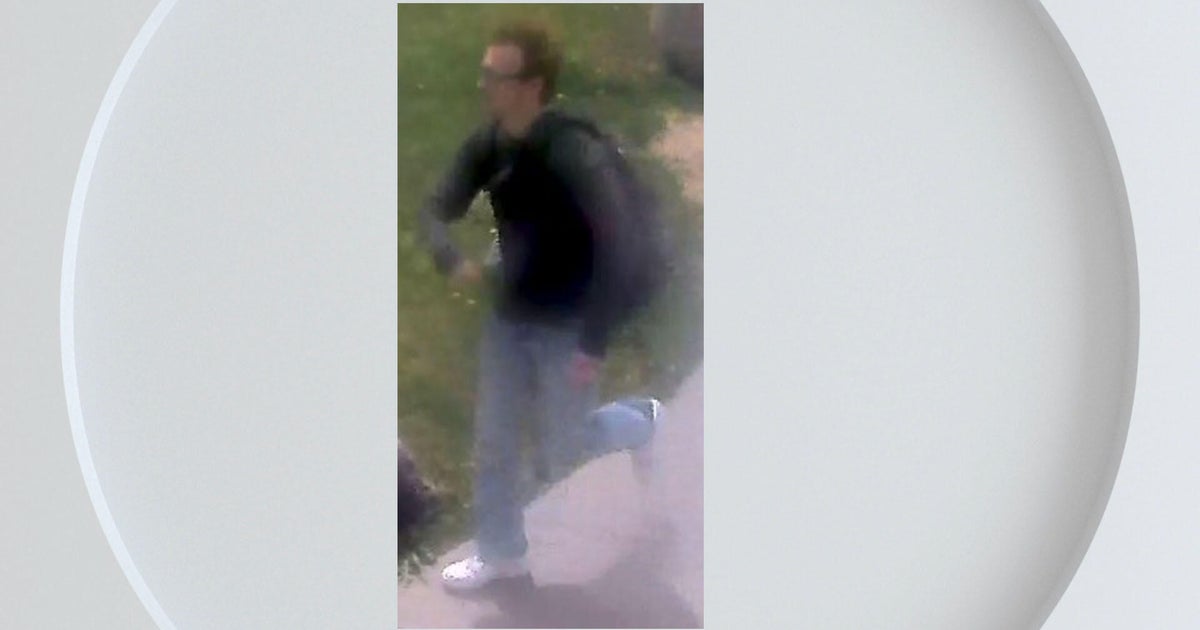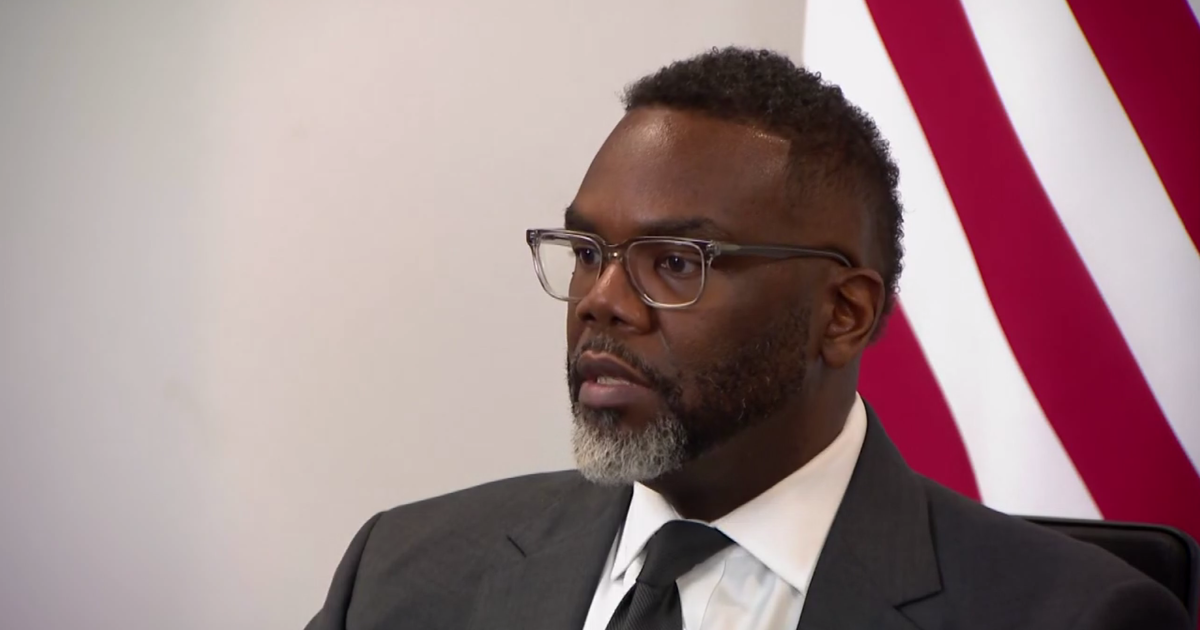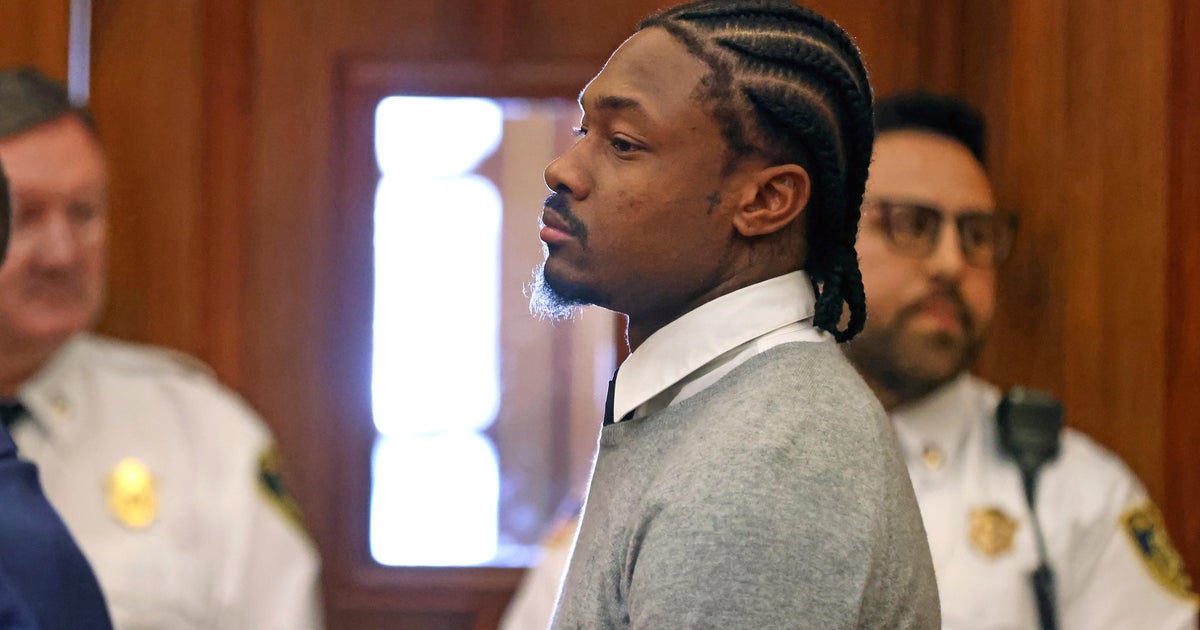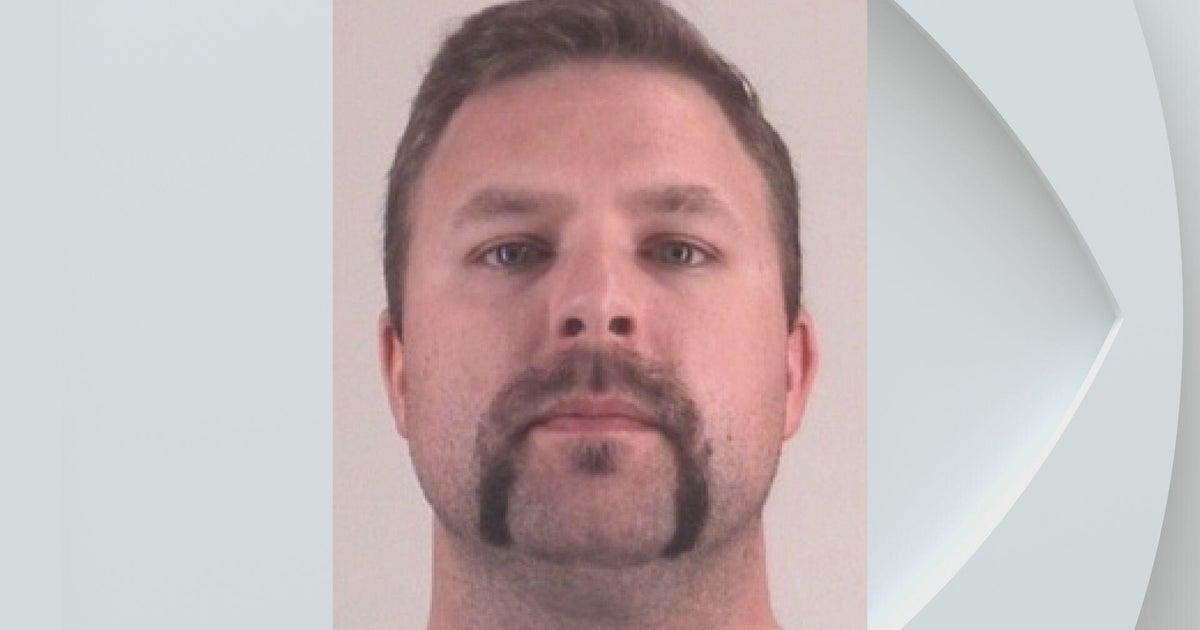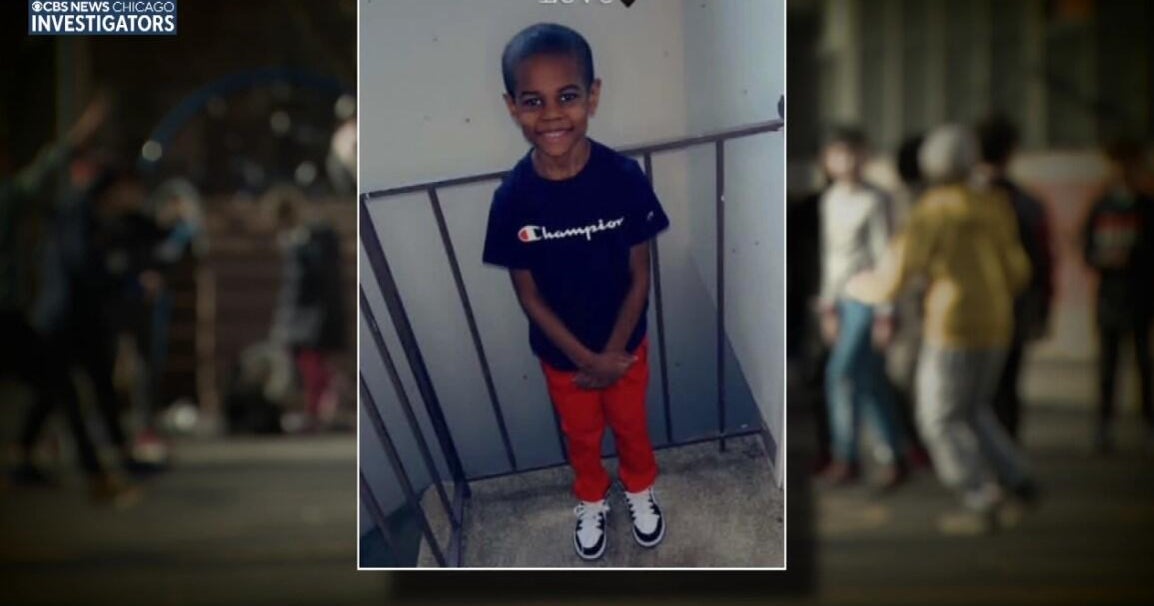Quinn Calls For Higher Minimum Wage, Assault Weapons Ban, Pension Reform
Updated 02/06/13 - 5:21 p.m.
SPRINGFIELD, Ill. (CBS) — Governor Pat Quinn has told Illinois lawmakers the state is at a critical juncture, and he's outlined an ambitious legislative wish list.
In his annual State of the State address, Quinn lived up to his longtime populist image, calling for a significant hike in the state's minimum wage, implementation of online voter registration, and a ban on military-style assault weapons and high-capacity ammunition magazines.
CBS 2 Chief Correspondent Jay Levine reports the governor's speech was as much about substance as it was about his upcoming re-election campaign.
The speech was part policy, part politics, laying out the challenges for the state, as well as a candidate up for re-election next year.
In the House chamber, both probable and potential challengers to Quinn's bid for another term were listening to his speech, as he discussed the state's massive pension debt.
"We cannot allow our economic recovery to be held hostage by the pension crisis. We simply must act," Quinn said.
The governor said addressing the state's skyrocketing pension costs was the primary task for lawmakers to address.
However, he made only a few references to the pension crisis in his 40-minute speech in Springfield.
READ: The Full Text Of Quinn's Speech
With nearly $100 billion in unfunded pension liabilities, Quinn said pension costs would continue to put the squeeze on other state spending unless lawmakers come up with significant pension reforms.
Quinn Delivers State of the State Address
"Do we want in the years to come a prosperous Illinois where working people continue to have good jobs, where businesses thrive, and where all our children have a world-class education? Or do we want to stop the progress and watch our economic recovery stall? Quinn said.
The state's failure to address pension reforms has prompted credit rating agencies to downgrade the state's credit rating several times since 2008. The state's credit rating is now worst in the nation.
Illinois Attorney General Lisa Madigan, who has said she is considering a run for governor in 2014, said, "I thought he talked about the most important issue facing the state, and that's the pension issue. The other issues that he addressed are obviously important issues, but the top three issues are pensions, pensions, pensions. And, so, until that's resolved, it's very difficult to move forward on any other issue that requires revenue."
Madigan insisted she has not yet made a decision whether to run for governor.
Illinois State Treasurer Dan Rutherford – who ran in the Republican primary for governor three years ago – said, under Quinn's watch, the state's unpaid bills have ballooned from $8.5 billion to $9 billion in the past two years, despite a major income tax hike in 2011.
State Sen. Bill Brady (R-Bloomington), who lost the governor's race to Quinn by a razor-thin margin in 2010, has been weighing another challenge in 2014.
"There's not a formal announcement here today, but if the people choose to elect me to be their next governor, we'll solve these problems," Brady said after Quinn's address.
It's clear that top Republicans are already lining up to challenge the governor, while Democrats are playing it more coy.
In the end, a Democrat – be it Madigan or Bill Daley – could give Quinn his toughest battle.
In his State of the State address, the governor focused more on populist measures, including his push to raise the state's minimum wage from $8.25 per hour to at least $10 per hour over the next four years.
"Nobody in Illinois should work 40 hours a week, and live in poverty. That's a principle as old as the bible," he said. "As Dr. Martin Luther King Jr. once said, it's always the right time to do the right thing."
The federal minimum wage has been $7.25 an hour since 2007.
Illinois Chamber of Commerce president Doug Whitley said he wonders what Quinn is thinking in proposing such a significant increase in the minimum wage.
"The Illinois Chamber takes great exception to the Governor's desire to increase the state's minimum wage law to $10.00 an hour," Whitley said. "This is an untimely, ill-advised and outrageous proposal that puts a dagger to the heart of the very employers politicians normally say they want to grow and be successful: small, medium and entrepreneurial businesses.
Whitley said it's "bewildering" the governor wants to dictate the highest minimum wage in the nation, at a time when the state is struggling to reverse high unemployment. He also said he believes a $10 minimum wage would lead to fewer seasonal and entry-level jobs for youths.
The current Illinois rate took effect in July 2010, when it increased by a quarter. The U.S. Department of Labor says only three other states — Washington, Vermont, and Oregon — have a minimum wage higher than Illinois.
Illinois Retail Merchants Association president and CEO David Vite also criticized the governor's call for a higher minimum wage.
"If minimum wage goes up … hours will be cut, or bodies will be laid off, that's pure and simple," he said.
Vite said the governor's speech clearly was a kickoff of his re-election campaign.
"It's a terrific Democratic primary issue for the governor," he said.
The governor also called on lawmakers to approve legislation allowing eligible voters to register online, as well as another of his longtime pet projects: open primary elections.
"We must move our election process into the 21st Century; and while we're at it, let's pass a long-overdue law: to allow voters to participate in primary elections without having to publicly declare their party affiliation," he said.
In addition to his repeated call for an assault weapons ban, Quinn said concealed carry legislation mandated by the federal courts should include a ban on concealed weapons in many public places; such as schools, libraries, bars and government buildings.
"We must ensure that guns are kept out of everyday public places, because guns don't belong in our schools, shopping malls, or sports stadiums," he said.
The governor also called for approval of same-sex marriage legislation – which cleared the first of several hurdles on Tuesday when a state Senate committee sent the measure to the full Senate for consideration.

